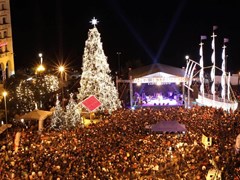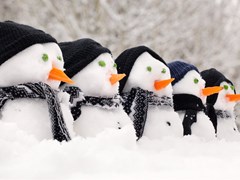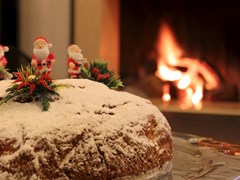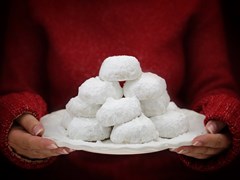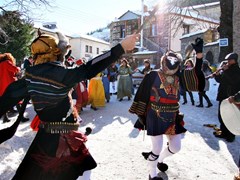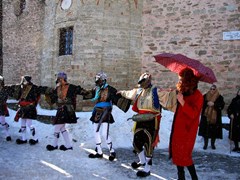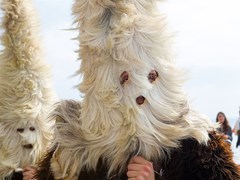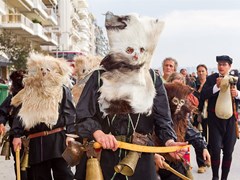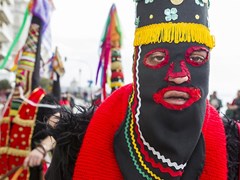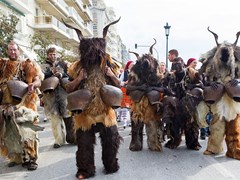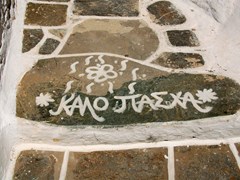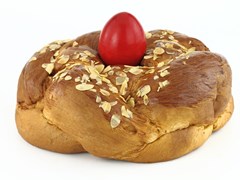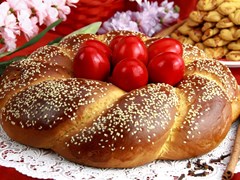Choose your country
- Global - english
- Armenia - русский
- Azerbaijan - русский
- Belarus - русский
- Bulgaria - български
- Cyprus - ελληνικά
- Estonia - eesti Estonia - русский
- Georgia - ქართული Georgia - русский
- Germany - deutsch
- Greece - ελληνικά
- Hungary - magyar
- Kazakhstan - русский
- Latvia - latviešu Latvia - русский
- Moldavia - русский
- Poland - polski
- Romania - românesc
- Russia - русский
- Serbia - српски
- Turkey - türk
- Ukraine - українська Ukraine - русский
Mouzenidis Group
- Moscow
- St. Petersburg
- Ekaterinburg
- Krasnodar
- Lipetsk
- Novosibirsk
- Omsk
- Penza
- Rostov-on-Don
- Samara
- Togliatti
- Tyumen
- Ulyanovsk
- Volgograd
- Voronezh
- z_Ессентуки
- z_Кисловодск
- z_Пятигорск
- Адлер
- Альметьевск
- Армавир
- Архангельск
- Астрахань
- Балашиха
- Барнаул
- Белгород
- Бронницы
- Брянск
- Верхняя Пышма
- Видное
- Владикавказ
- Волжский
- Вологда
- Выборг
- Гатчина
- Георгиевск
- Дзержинск
- Димитровград
- Дмитров
- Долгопрудный
- Домодедово
- Дубна
- Дюртюли
- Елец
- Железнодорожный
- Жуковский
- Звенигород
- Зеленоград
- Иваново
- Ижевск
- Истра
- Йошкар-Ола
- Казань
- Калининград
- Калуга
- Каменск-Уральский
- Камышин
- Кемерово
- Киров
- Кирово-Чепецк
- Ковров
- Коломна
- Колпино
- Коркино
- Королёв
- Кострома
- Красногорск
- Краснознаменск
- Красноярск
- Крымск
- Курган
- Курск
- Ломоносов
- Люберцы
- Магнитогорск
- Минеральные Воды
- Мичуринск
- Можайск
- Мончегорск
- Московский
- Мурманск
- Муром
- Мытищи
- Набережные Челны
- Нальчик
- Нефтеюганск
- Нижнекамск
- Нижний Новгород
- Нижний Тагил
- Новокузнецк
- Новокуйбышевск
- Новороссийск
- Новый Уренгой
- Ногинск
- Норильск
- Обнинск
- Одинцово
- Орел
- Оренбург
- Павлово
- Павловский Посад
- Пермь
- Петрозаводск
- Подольск
- Приморско-Ахтарск
- Псков
- Пушкин (Спб)
- Раменское
- Реутов
- Ржев
- Рязань
- Саранск
- Саратов
- Сергиев-Посад
- Серпухов
- Славянск-на-Кубани
- Смоленск
- Солнечногорск
- Сочи
- ст. Павловская
- Ставрополь
- Старый Оскол
- Ступино
- Сургут
- Таганрог
- Тамбов
- Тверь
- Томск
- Троицк
- Туапсе
- Туймазы
- Тула
- Уфа
- Фрязино
- Хабаровск
- Ханты-Мансийск
- Химки
- Целина
- Чебоксары
- Челябинск
- Череповец
- Черкесск
- Чехов
- Шатура
- Щёлково
- Электросталь
- Энгельс
- Ярославль
- яя_Old_Горячий Ключ
Holidays and Celebrations in Greece
In Greece not only state but also religious holidays are held, the most significant of which are considered to be public holidays. These are Christmas, Epiphany, Easter, Dormition of the Holy Virgin, St. Demetrius’s Day, the Holy Trinity Day. Other public holidays are: the Independence day, Ochi Day (the Greek refusal to let Italy occupy the country during the World War II), etc.
In Greece all the religious holidays are held according to the Gregorian Style. However there are churches that stick to the Old Style. Every city and town celebrates the day of its Patron Saint. For example, it’s St. Demetrius’s Day in Thessaloniki (falls on 26 October).The favorite romantic holiday of young people - St. Valentine’s Day is held everywhere. . It is celebrated by Greeks with the same enjoyment as their national feasts. Each year brings more red and white stuffed bears and heart-shaped candy boxes to Greek shops long before February, 14th. It’s no wonder, because Greece is no stranger to tales of love - Aphrodite, her son Eros and other Greek gods always served as fine examples for love affairs. Celebrate this holiday in Greece and you will discover new faces of love and new feelings!
Feeding of the Fountain
It is another Christmas tradition found mostly across Epirus. In many villages on New Year’s Eve, young women take their empty pitchers and go to the nearest fountain in order to fill them up with water. Along the way to the fountain, the women keep totally silent and thus the water is called “silent”. The strange detail about this custom is the women carry with them different edibles, such as butter, wheat, cheese, olives, honey, etc. In this way, the women try to humor the fountain, at the same time saying wishes for prosperity and health. It is said that the first woman who gets to the fountain is blessed with lots of good luck for the rest of the year. At the end of the ritual young women throw leaves and 3 stones into their pitchers, then return home, keeping silent till they drink a little of “silent water”.
New Year’s Customs
Though the main winter event is Christmas, the New Year’s Holiday is also widely celebrated. According to one tradition, the head of the family gets out in the street at midnight and breaks the pomegranate against the wall. If its seeds go all over the yard, it means that the family will be happy in the coming year. At the New Year’s Eve the big attention is given to stones, taken from the pavement or from a brook. Any guest, who enters a hospitable house, should throw a stone at the floor and say: “May your wealth be as heavy as this stone”.
Vassilopita
January 1st is celebrated in Greece as the feast of the nation’s favorite St. Basil. This is associated with a good start for the New Year. An old Byzantine custom of slicing the Vassilopita (Basilcake or New Year Cake) during the celebration of the New Year gives the person, who finds the hidden “happy” coin in his slice, good luck for the year. When slicing the Vassilopita, the special ritual is held. The first slice is devoted to Jesus Christ or to St. Basil. The following slices are given to all family members according to their age, including those, who are absent. Vassilopitas are sold all over the Greece - in all shops, supermarkets, patisseries and bakeries. But the tastiest Vassilopitas are homemade.
On the New Year’s morning all Greeks hope that the first person they meet is a good person, because it means good luck for the year. If the person is mean and a sourpuss, the Greeks believe that things will not be going so fine.
Kali Hera
It is a custom, when money is given to children visiting a Greek home on the New Year's day - usually grandchildren or nieces and nephews. So the grandparents guarantee their patronage and protection to their grandchildren. Several decades ago, children received sweets or pastries, as money was scarce and toy shops were almost non-existent.
Epiphany’s Eve
At the Epiphany’s Eve merry and loud carnivals are held in many Greek regions. In Northern Greece, people get dressed in animals’ carcasses (wolves, goats, etc), covered with hanging bells or carry swords with them while visiting all the nearby villages singing carols and gathering small gifts. These men are called Momogeroi, Rogkatsia or Rogkatsaria, and should two different groups of them meet, they start a “war” until one of them surrenders. The procession is closed by “a bride and a groom” and “a priest”, who conjures the evil spirits away.
Epiphany
Epiphany is celebrated throughout Greece when the Blessing of the Waters takes place. A cross is thrown into the sea, lakes or rivers and retrieved by swimmers who are then entitled to good luck. The event is particularly spectacular in Pireaus.
Holiday Delicacies
There are special foods that are made just for special holidays:Christopsomos, Kourabiethes and Melomakarona for Christmas, Tsoureki for Easter, Vasslopita for the New Year, etc.

